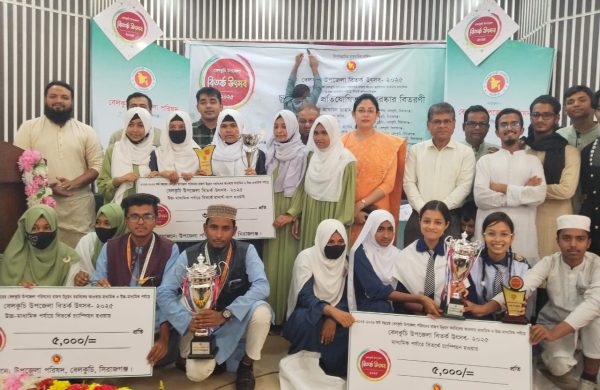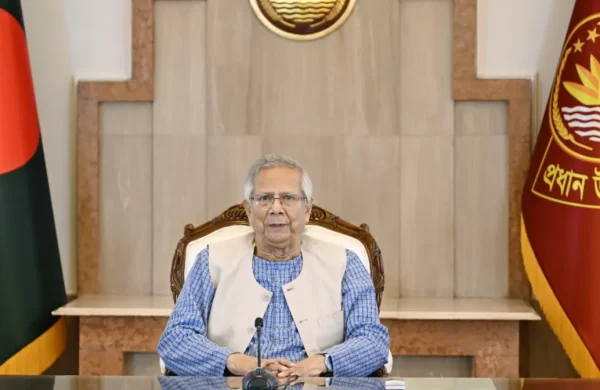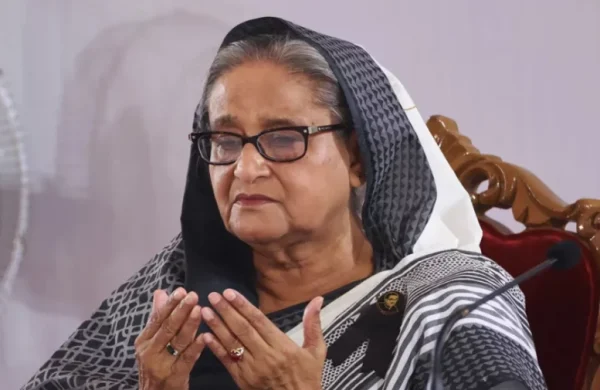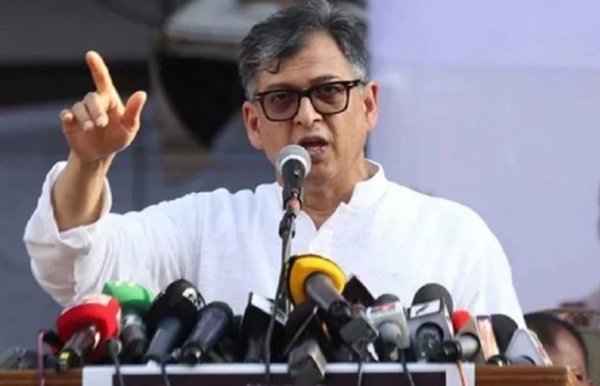More focus required on sending skilled workers abroad
- Update Time : Tuesday, November 11, 2025

—AKM Atiqur Rahman—
On 6 October, Bangladesh and Saudi Arabia signed a new labor agreement. The pact was endorsed by Bangladesh’s Adviser for Expatriate Welfare and Saudi Arabia’s Minister of Human Resources. Under the agreement, migrant workers must obtain a formal job offer and employment contract via approved digital channels before leaving the country. It also includes safeguards for workers, including a ban on unauthorized fees and the requirement that salaries be directly deposited into employees’ bank accounts.
It is worth noting that Saudi Arabia hosts the largest number of Bangladeshi workers—approximately 2.5 million. The provisions of this agreement are intended to protect prospective migrant workers. However, the main challenge remains how to safeguard workers from the intermediaries through whom they secure jobs, as these channels are often where exploitation occurs.
If this loophole is not addressed, no matter how well the agreement is designed, worker protection will remain insufficient. It is unclear how effectively the agreement will guarantee minimal migration costs for workers. Currently, the number of Bangladeshi expatriates worldwide has exceeded 10 million, and since 2022, over one million workers have gone abroad each year.
During this period, while over $20 billion in remittances have been received annually, remittances have fallen relative to the number of workers sent abroad in previous years. Notably, countries such as Oman, Bahrain, Libya, Brunei, Mauritius, and Malaysia have seen worker flows either halted or significantly reduced. It is essential to ensure access to these critical destinations for Bangladeshi workers.
Greater emphasis is needed on sending skilled workers abroad. Many Bangladeshis travel illegally without proper jobs or documentation. Due to lack of awareness or temptation, some fall victim to human traffickers and even lose their lives. Cases of Bangladeshi migrants being caught and repatriated are regularly reported. Even those who travel through legal channels sometimes become undocumented due to various inducements. Therefore, securing jobs abroad through legal channels is the safest option. Workers must also ensure that any workplace transfer complies with the host country’s laws; otherwise, even legal migrants may face imprisonment, fines, or deportation.
In countries where illegal migration is high, there is still demand for Bangladeshi workers. The government should take steps to allow legal access to such destinations, expanding labor markets and sending workers according to demand. Embassies abroad and diplomatic missions in Bangladesh must actively coordinate to facilitate this.
A worker’s income, whether at home or abroad, depends on skill and experience. Skilled workers can earn three to four times more than unskilled workers for the same job. Training is essential to develop skills, which also enhances awareness of duties and responsibilities.
Among South Asian countries, Bangladesh, India, Nepal, Pakistan, and Sri Lanka send the most migrant workers. Bangladesh sends the largest number of unskilled workers, which results in comparatively lower remittances. For example, although India and Bangladesh send nearly the same number of workers annually, India receives over five times more remittances. Data show that about one-third of Bangladeshi migrant workers are skilled, and remittance inflows correlate with the proportion of skilled labor.
Sending workers abroad is crucial for addressing Bangladesh’s severe unemployment problem. Millions of job seekers struggle to find employment, and unemployment has risen from 3.2% in 2023 to 4.6% this year. While economic slowdown and weak labor markets are often blamed, transforming this large population into productive labor can convert a burden into a tremendous asset. To reduce unemployment, work opportunities must be expanded domestically and internationally, and workers must be equipped with the skills required for employment. Proper policies must be implemented by both government and private sectors.
Education in Bangladesh must shift to a practical, job-oriented, productive, and creative system. Graduates from schools, colleges, and universities should be able to enter the workforce according to their qualifications, avoiding unemployment. Education should aim to create a skilled and capable workforce rather than merely producing graduates.
To establish a fair and economically sound society, poverty must be reduced. The vision, competence, and foresight of political leaders are essential to strengthen the economy. To accelerate economic development, priority must be given to maintaining a stable political environment, attracting domestic and foreign investment, creating employment opportunities, supporting self-employment, and expanding overseas labor markets.
Migration is undoubtedly critical for Bangladesh. The process must be transparent, safe, and migrant-friendly. While this is the goal, vested interests make its realization challenging. Given the current context, Bangladesh must focus on developing skilled labor, identifying obstacles to safe migration, integrating returning migrants into the mainstream economy, and effectively managing remittances to strengthen national development. Above all, officials involved must act with goodwill, determination, honesty, sincerity, and foresight. Only then can we mitigate the twin challenges of rising unemployment and human trafficking.
——————————————–
Author: Former Ambassador and Secretary



















